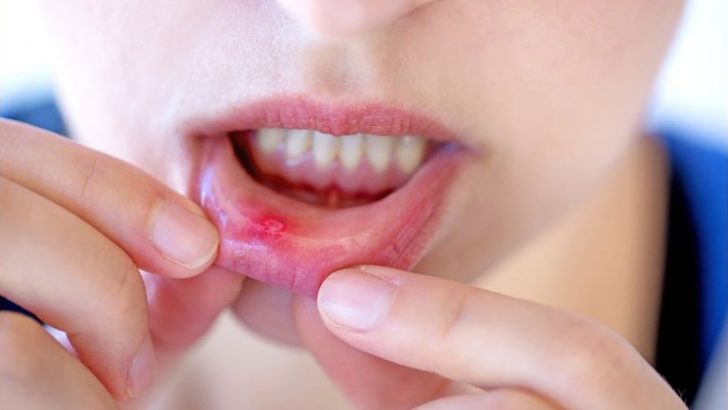Dentists are like detectives, unraveling the mysteries of your life with just a glance into your mouth. Beyond checking for cavities and cleaning teeth, they can perceive signs of emotional and physical struggles. From stress-related wear to diet-induced decay, dentists have a unique vantage point. This blog post explores eleven indicators that might reveal more than you’d expect. These insights not only reflect oral health but can hint at broader life challenges. Understanding these signs might encourage a more holistic approach to personal well-being.
1. Teeth Grinding
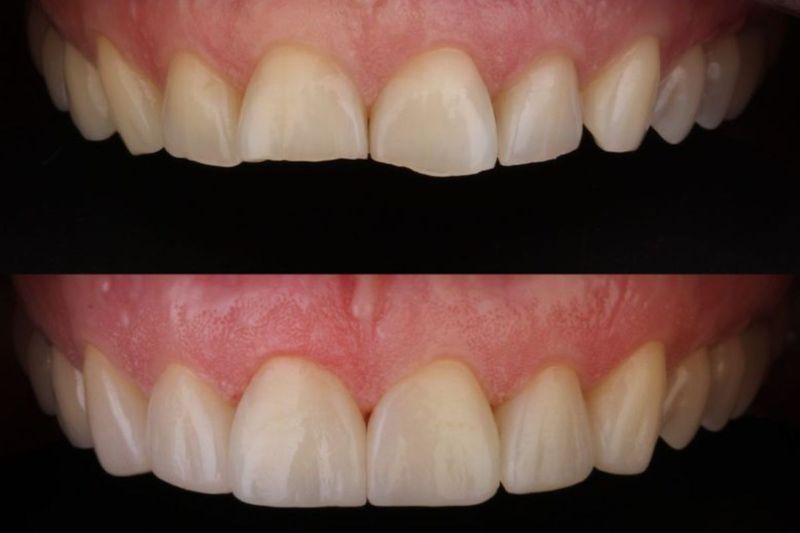
Teeth grinding, or bruxism, can be a red flag for chronic stress or anxiety. Unlike other habits, you may not even realize you’re doing it until your dentist spots the wear on your teeth. Bruxism often occurs during sleep, leaving your jaw sore and your pearly whites flattened over time.
For some, it’s the pressures of daily life that lead to this silent wear and tear. Others might grind their teeth in response to specific stressors like work demands or family issues. Your dentist may suggest a night guard to prevent further damage, addressing both the symptom and its underlying cause.
2. Cavities and Sugar Intake
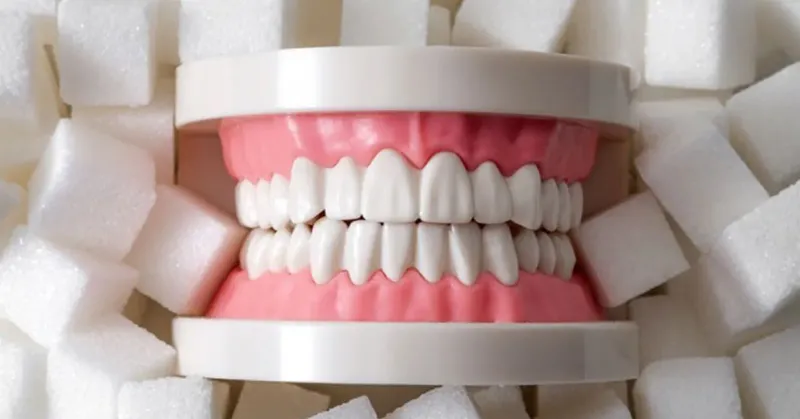
Frequent cavities might tell your dentist about your sweet tooth and possible dietary habits. Sugary snacks and drinks are often culprits behind this common dental issue, leading to decay if oral hygiene isn’t consistent.
In some cases, cavities can signify more than just a love for sweets. They might also indicate neglect in self-care, possibly tied to depression or other mental health struggles. Identifying this pattern allows your dentist to provide advice on reducing sugar and enhancing dental routines, thereby addressing a part of your lifestyle that could be improved for better health.
3. Tobacco Stains
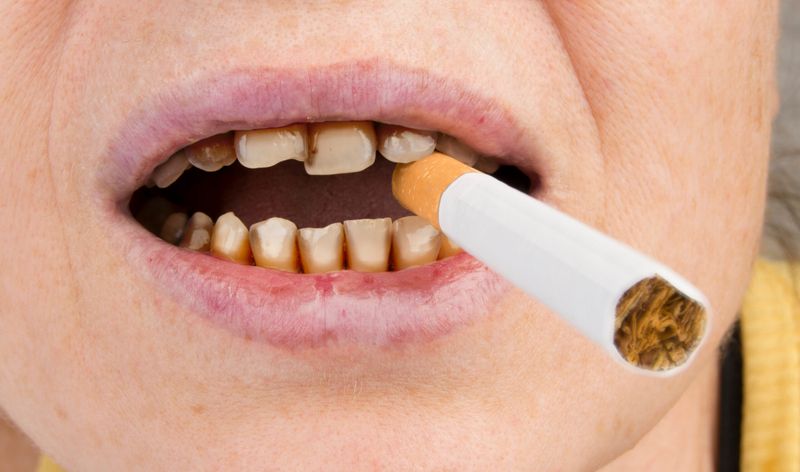
The unmistakable stains from tobacco use are a telltale sign your dentist won’t miss. Smoking and chewing tobacco leave brownish residues on teeth, revealing a habit that’s hard to hide.
Beyond aesthetics, these stains point to potential health risks, including oral cancer and gum disease. Your dentist might discuss the benefits of quitting, offering resources and support to help kick the habit. Recognizing the stains and their implications can be the first step in addressing a challenge that affects both oral and overall health.
4. Gum Recession
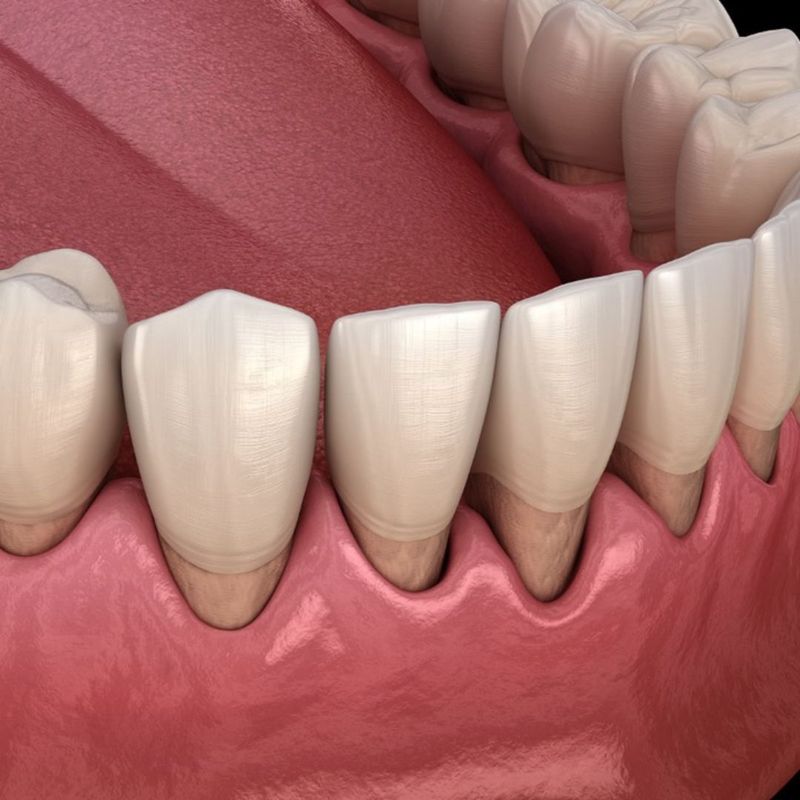
Gum recession can indicate aggressive brushing or underlying gum disease. It’s a condition that your dentist will notice immediately, revealing possible overzealous hygiene practices or neglect.
Aggressive brushing might hint at a perfectionist personality, while recession due to gum disease could reflect broader health neglect. Either way, this issue might align with personal struggles, such as coping mechanisms or health challenges. Your dentist might recommend gentler brushing techniques or treatments to manage gum health, highlighting a life aspect that intertwines with dental care.
5. Enamel Erosion
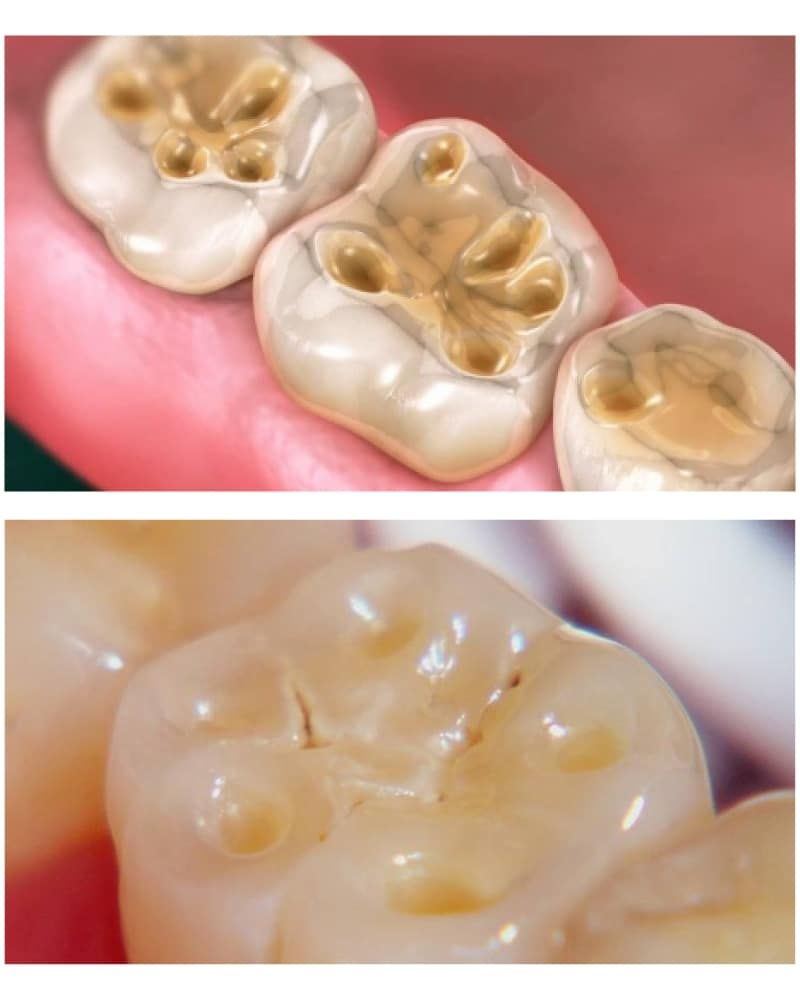
Enamel erosion is often linked to acidic diets or acid reflux, conditions your dentist can spot with ease. This erosion can lead to sensitivity and an increased risk of cavities.
Those who favor citrus fruits, sodas, or suffer from frequent heartburn might display this trait. It may reflect dietary habits or underlying health issues, pointing to struggles with diet management. Dentists can offer guidance on minimizing acidic intake and protecting enamel, addressing a lifestyle factor that impacts both oral and general health.
6. Dry Mouth
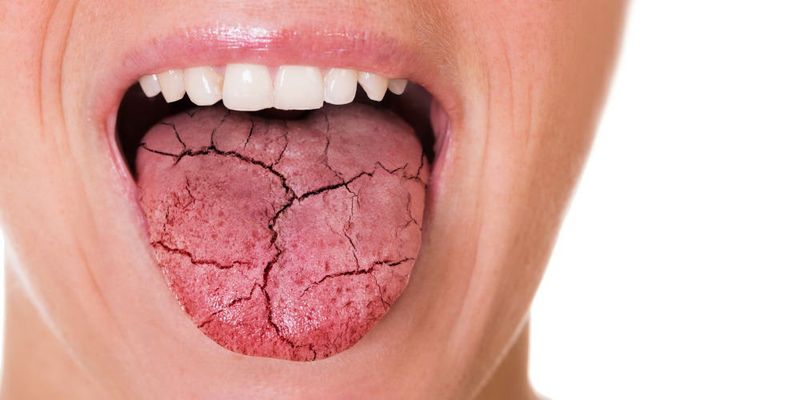
A persistently dry mouth can suggest medication side effects or dehydration. Dentists recognize this sign as a clue to other health issues, beyond merely oral discomfort.
Medications for conditions such as hypertension or depression often cause dry mouth. This symptom might reveal a struggle with maintaining proper hydration or managing chronic health conditions. Dentists can recommend strategies to alleviate the dryness and encourage hydration, supporting broader health improvements alongside oral care.
7. Oral Sores
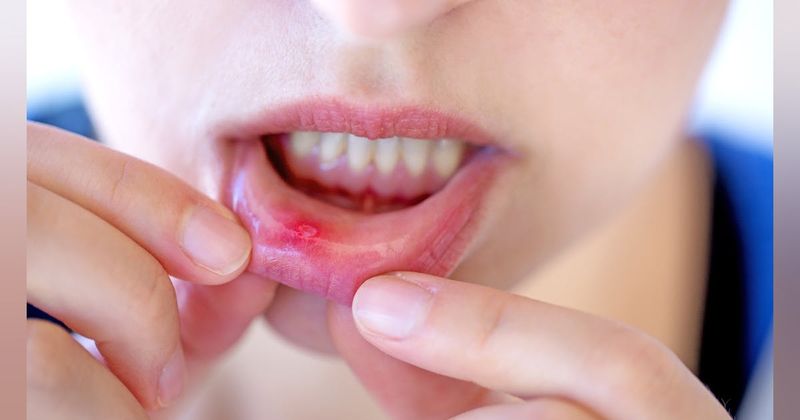
Recurring oral sores are not just a minor annoyance; they might indicate stress or nutritional deficiencies. Your dentist sees these sores as a potential window into underlying health issues.
Stress, certain foods, or a lack of essential vitamins could be the cause. These sores, while painful, often prompt a deeper look into one’s lifestyle and habits. A dentist might suggest dietary adjustments or stress management techniques, seeking to aid not just the symptoms but the root issues.
8. Bad Breath
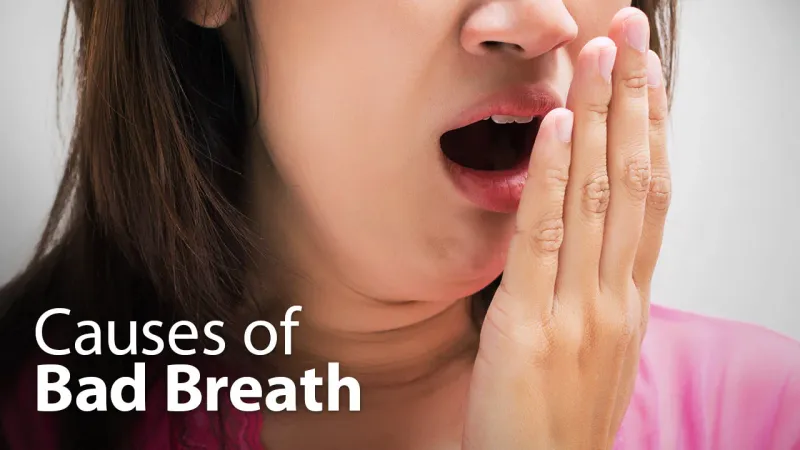
Bad breath can be more than just a social inconvenience; it might signal deeper issues like poor oral hygiene or digestive problems. Dentists often notice this as a sign of potential lifestyle or health struggles.
It might reflect dietary choices or a lack of consistent dental care. In some instances, it could indicate gastrointestinal issues, prompting further investigation. Dentists can suggest hygiene improvements or dietary changes, addressing both the symptom and its underlying causes.
9. Chipped Teeth

Chipped teeth can reveal more than just an accident; they might point to habits like using teeth as tools or engaging in high-risk activities. Your dentist notes these chips as markers of lifestyle choices.
For some, a chipped tooth results from an active lifestyle, while others might use teeth for tasks never intended for them. This can hint at a carefree or risk-taking personality. Dentists might suggest protective measures and safer alternatives, acknowledging the lifestyle while promoting dental safety.
10. Plaque Build-up
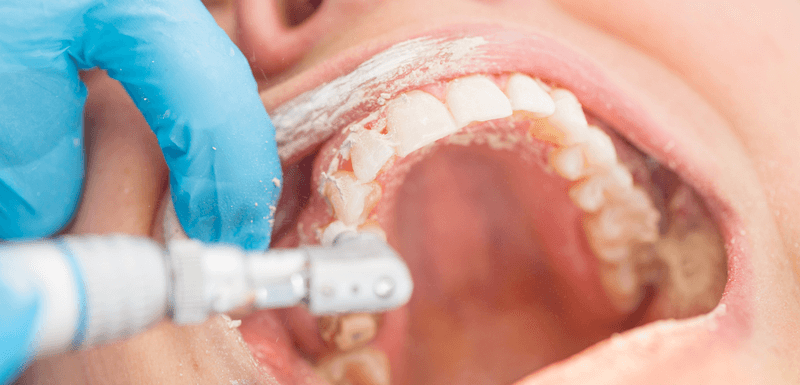
Excessive plaque build-up can indicate neglect in oral hygiene, often due to a hectic lifestyle. Dentists see this as a sign of possible time management struggles.
Balancing work, family, and personal care can be challenging, leading to rushed or skipped dental routines. This build-up might hint at broader struggles in balancing life’s demands. Dentists can provide tips on efficient hygiene practices, aiming to fit better oral care into a busy schedule.
11. Tooth Discoloration
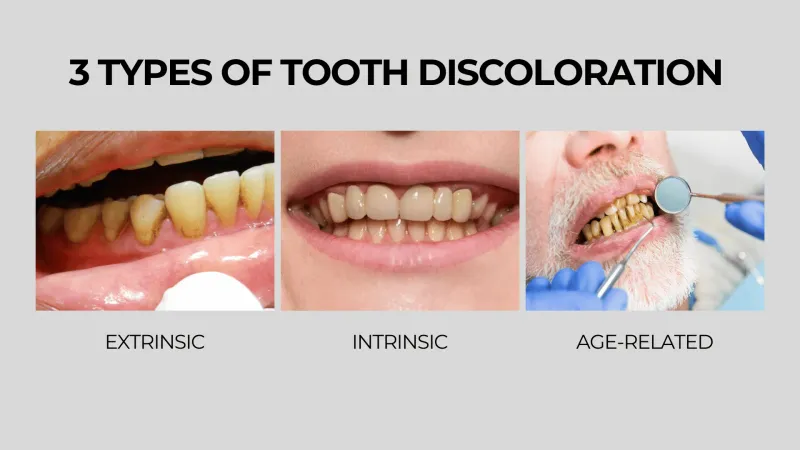
Tooth discoloration is often linked to habits like coffee or wine consumption. Dentists recognize this as an indicator of lifestyle choices that affect dental appearance.
While discoloration might seem minor, it can suggest regular habits and preferences. For some, it reflects a love for certain beverages; for others, it could indicate neglect in whitening care. Dentists might offer whitening solutions or advice on consumption moderation, addressing the cosmetic aspect while considering lifestyle influences.

